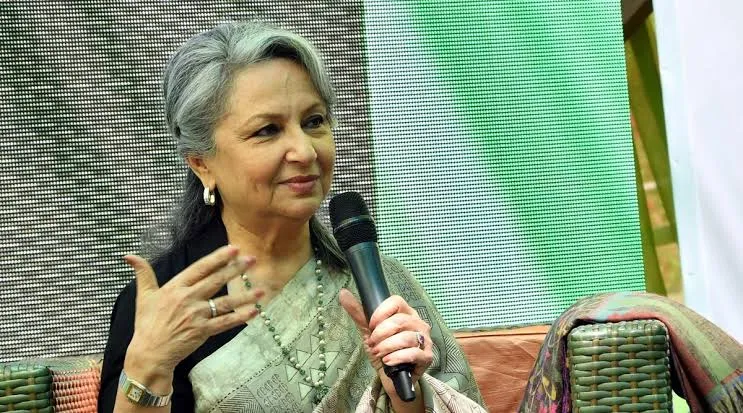India’s electric vehicle (EV) sector is experiencing remarkable growth, driven by government incentives, increasing environmental awareness, and advancements in technology.
The government’s Faster Adoption and Manufacturing of Hybrid and Electric Vehicles (FAME) scheme is a key initiative aimed at boosting EV adoption, transforming the country’s transportation system toward sustainability and innovation.
India has set an ambitious target for EV adoption by 2030, aiming for 30% of private car sales, 70% of commercial vehicle sales, 40% of bus sales, and 80% of two-wheeler and three-wheeler sales to be electric.
This is part of the goal to have 80 million EVs on Indian roads by 2030. Additionally, through the ‘Make in India’ initiative, the country seeks to achieve full domestic EV production.
In 2023, the global EV market was valued at US$ 255.54 billion, and it is projected to grow to US$ 2,108.80 billion by 2033, with a compound annual growth rate (CAGR) of 23.42% from 2024 to 2033.
In 2024, electric vehicle (EV) sales in India surged by 25.6%, reaching an impressive 1.3 million units, signaling a strong shift towards sustainable transportation. This growth marks a pivotal moment in India’s journey to reduce carbon emissions and transition towards greener energy solutions, in line with global efforts to combat climate change.
The rise in EV sales is driven by a combination of government incentives, technological advancements, and increased consumer awareness about the benefits of EVs.
The growth in EV sales can be largely attributed to the Indian government’s supportive policies and initiatives. Programs such as the Faster Adoption and Manufacturing of Hybrid and Electric Vehicles (FAME) scheme have provided subsidies and incentives, making EVs more affordable for consumers.
In addition, state-level incentives, tax exemptions, and the establishment of EV charging infrastructure have further encouraged the adoption of electric vehicles. The government’s push for a cleaner, more sustainable future has played a crucial role in making EVs a viable alternative to traditional fossil fuel-powered vehicles.
Ola Electric has filed for IPO today!
Ola enjoyed a market share of 35% in the E2W segment this year.
In terms of total sales, Nov’23 marked the highest EV sales ever ~1.5 lakh units.
Let’s take a closer look at the EV industry in India.🧵 pic.twitter.com/IRzNYq3YEX
— anshul gupta (@anshgupta64) December 22, 2023
In May 2024, EV sales in India jumped by 20.88%, totaling 1.39 million units. The sector saw a significant increase in 2023, with a 49.25% rise in sales, reaching 1.52 million units. Although the EV market is still in its early stages, it is gaining momentum. According to Fortune Business Insights, the Indian EV market is expected to grow from US$ 3.21 billion in 2022 to US$ 113.99 billion by 2029, reflecting a 66.52% CAGR.
The global shift towards electric vehicles is expected to create new opportunities for automotive suppliers. The Indian EV battery market is anticipated to grow from US$ 16.77 billion in 2023 to US$ 27.70 billion by 2028.
Regarding infrastructure, as of February 2024, India has 12,146 operational public EV charging stations, with Maharashtra leading the way, followed by Delhi and other states. A recent report by the Confederation of Indian Industry (CII) stressed the need for 1.32 million charging stations by 2030 to support the rapid growth of electric vehicles, requiring over 400,000 installations annually.
Delhi reaches the half-way mark of its goal of 25% share of EVs in new vehicle sales by 2024!
In March 22, EVs constituted 12.5% of new vehicle sales in Delhi – the highest in India. pic.twitter.com/4Vq4E2nuOZ
— Jasmine Shah (@Jasmine441) April 6, 2022
Leading industry players are working to improve EV charging infrastructure. For instance, Hyundai Motor India is expanding its ultra-fast charging network, adding 11 new stations in cities such as Mumbai, Pune, Ahmedabad, Hyderabad, Gurugram, and Bangalore, as well as along major highways.
Maharashtra aims for 10% of all new vehicle registrations to be electric by December 2025, while Karnataka targets to electrify 100% of three and four-wheeler cargo vehicles by December 2030.





















